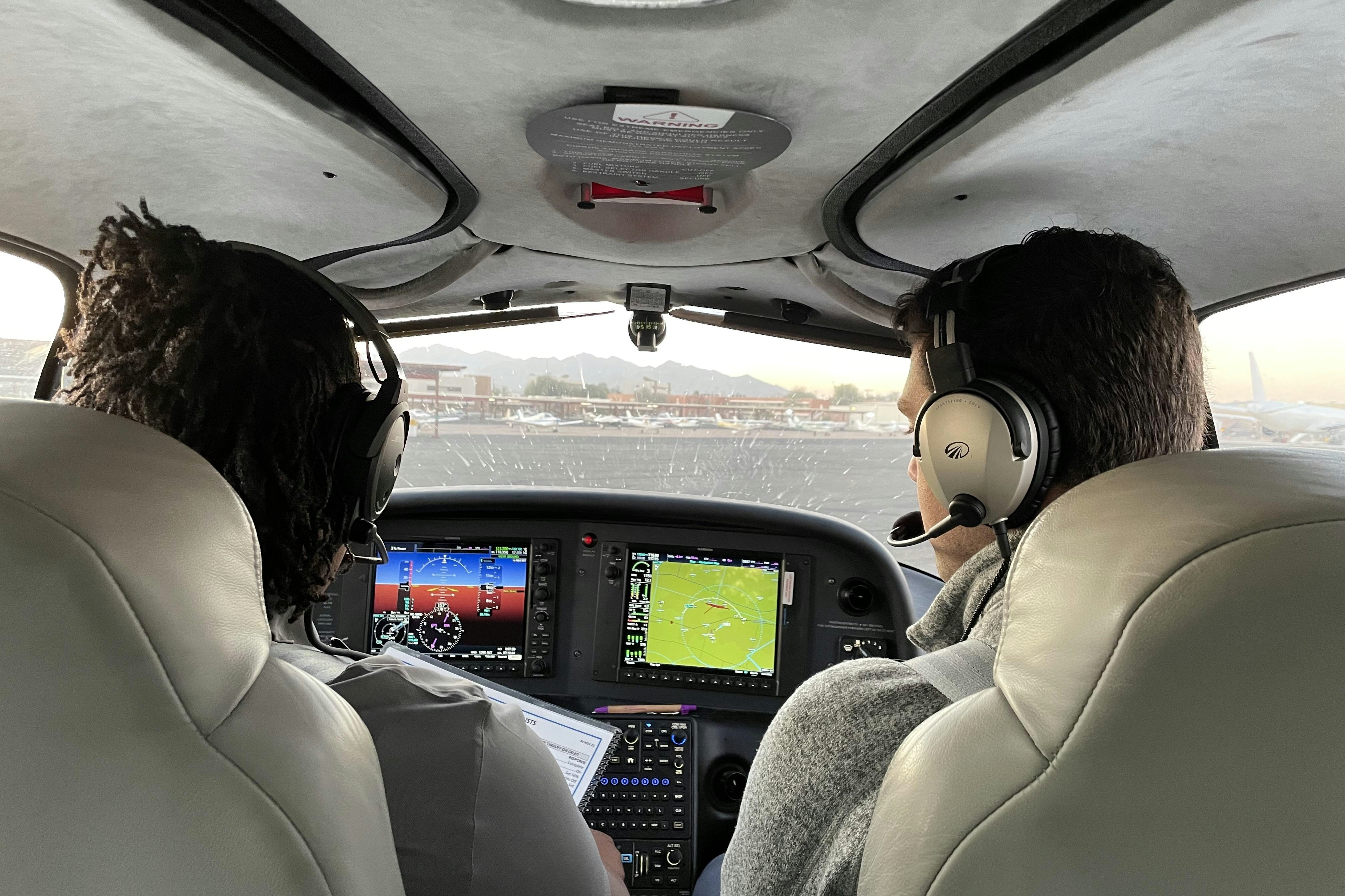AeroGenie — Tu copiloto inteligente.
Tendencias
Categories
Global Airlines Group Proposes Raising International Pilot Retirement Age to 67

Global Airlines Group Proposes Raising International Pilot Retirement Age to 67
Proposal to Extend Retirement Age Amid Pilot Shortages
A coalition representing global airlines has formally requested that the United Nations’ aviation agency increase the international retirement age for commercial pilots from 65 to 67. The International Air Transport Association (IATA), which represents approximately 350 airlines worldwide, submitted the proposal to the International Civil Aviation Organization (ICAO). The measure is scheduled for consideration at ICAO’s General Assembly on September 23. Presently, international regulations prohibit pilots over 65 from operating international flights, a standard mirrored by many countries, including the United States.
IATA characterized the proposed two-year extension as a “cautious but reasonable step consistent with safety.” According to a working paper published on ICAO’s website, the proposal would maintain safety protocols by requiring at least two pilots on each flight, with at least one pilot under the age of 65 if the other is older. The last adjustment to the retirement age occurred in 2006, when ICAO raised the limit from 60 to 65. Since then, the aviation sector has grappled with increasing pilot shortages, prompting airlines to seek ways to retain experienced aviators and sustain operational continuity.
Opposition and Industry Implications
The proposal has ignited considerable debate, particularly among pilot unions. Major U.S. unions, including the Allied Pilots Association, have expressed strong opposition, citing safety concerns and the absence of comprehensive data on the risks associated with extending the retirement age. Dennis Tajer, spokesperson for the Allied Pilots Association and an American Airlines pilot, emphasized, “We don’t gamble with safety that way.” Other prominent unions, such as the Air Line Pilots Association and the Southwest Airlines Pilot Association, have yet to issue formal statements regarding the proposal.
Market responses to the potential change are expected to vary. Some airlines may welcome the higher age limit as a means to bolster recruitment and retention amid a tight labor market, while others may resist due to operational and safety considerations. Regulatory bodies and unions remain cautious, wary of the possible safety implications of extending pilot service beyond the current age limit.
Political and Regulatory Context
Efforts to raise the pilot retirement age have previously encountered resistance, particularly in the United States. In 2023, U.S. pilot unions opposed an unsuccessful attempt, supported by several carriers, to persuade Congress to increase the mandatory retirement age to 67. The issue has also attracted political attention, with lawmakers advocating for international cooperation to address pilot shortages.
ICAO’s forthcoming decision on the proposal could establish a new global standard for pilot retirement ages, carrying significant consequences for the aviation industry’s workforce management and safety protocols. The agency is expected to conduct a thorough review and solicit input from various stakeholders before reaching a final determination.

Capital A Completes Sale of Aviation Business to AirAsia X

Four Gateway Towns to Lake Clark National Park

PRM Assist Secures €500,000 in Funding

InterGlobe Aviation Shares Rise 4.3% Following January Portfolio Rebalancing

Key Market Segments Shaping Airline Route Profitability Software

Locatory.com Gains Traction Among Aviation MROs and Suppliers

JetBlue Flight Makes Emergency Landing Following Engine Failure

58 Pilots Graduate from Ethiopian University

The Engine Behind Boeing’s Latest Widebody Aircraft

UBTech Shares Rise After Airbus Orders Humanoid Robots
